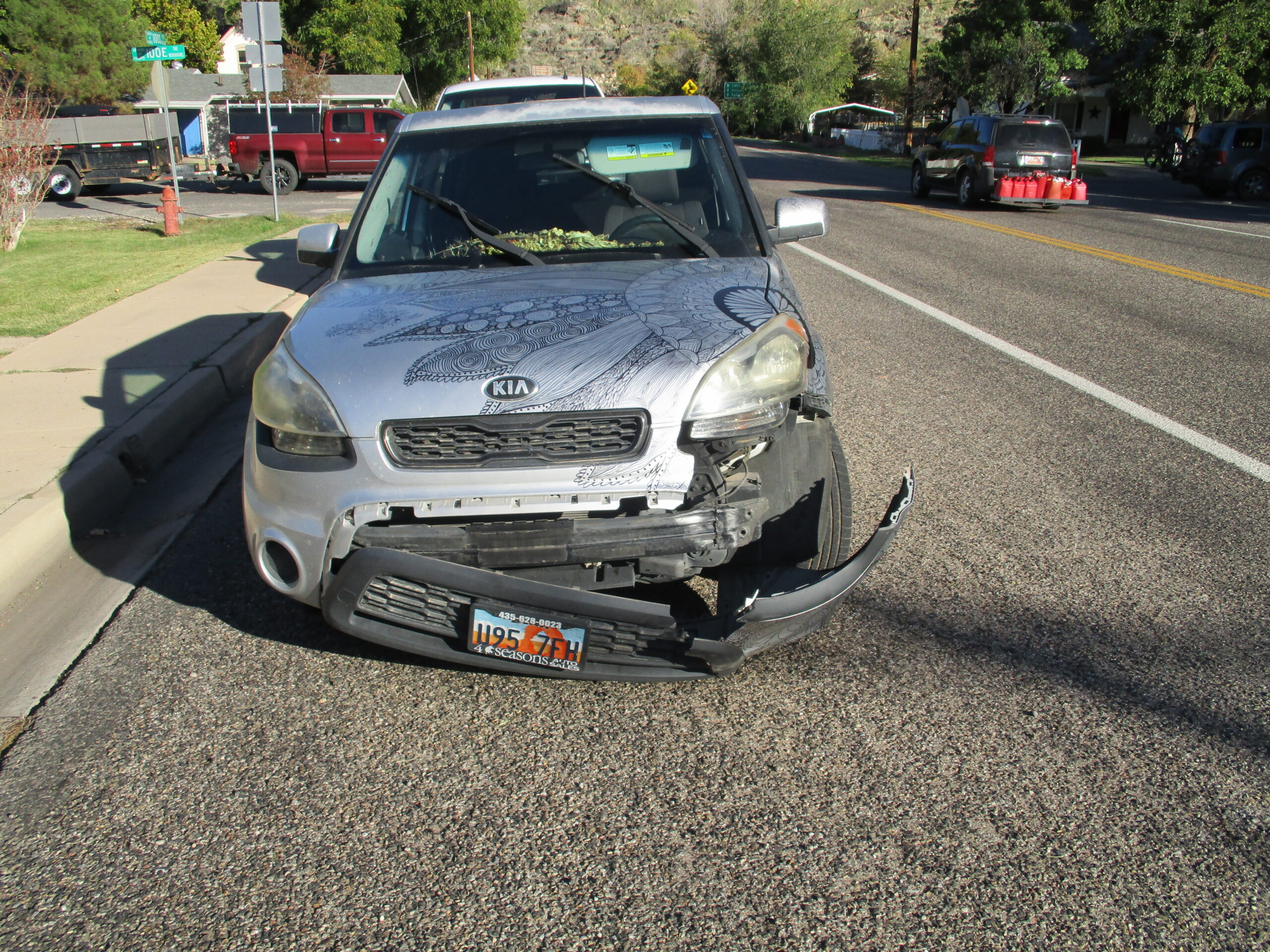The truly great thing is, assault and battery are both also “intentional torts.” A tort is a civil wrong; it is something that can trigger a civil lawsuit. Most torts fall under a category called negligence. When a person is not reasonably careful, and their actions hurt someone else, the law makes the person who caused the harm pay for the harm. People win lawsuits all the time where the defendant did not intentionally do anything wrong, they just weren’t careful enough. Because assault and battery are both intentional torts, they can be even easier cases to win as long as you have evidence showing that they occurred.
The burden of proof is far lower in a civil case, it’s referred to as “by a preponderance of the evidence.” That basically means that a jury just has to believe there is more than a 50% chance that the defendant did it. Once you prove that they are at fault, you not only can go after general damages as you can in negligence cases such as car accidents, but punitive damages even become available because assault and battery are intentional torts. General damages consist of emotional harm and pain and suffering. Those things can get expensive quickly. Punitive damages exist not to compensate the plaintiff for damages they incurred, but to serve as extra punishment to deter future bad actions by the defendant.
If someone lets their anger get the best of them, and they choose to physically hurt you, there must be consequences. You can choose to press charges and still file a civil lawsuit against them as well. Unfortunately, it may be difficult to collect much, because the odds are that if they are stupid enough to attack someone on the side of the road, they are likely too stupid to have many assets. Most auto insurance will not cover an intentional act by its insured, even if that intentional act involves the car that they insure. That will leave you seeking other ways to collect directly from the violent offender. If you have been the victim of a road rage incident, consult with a personal injury lawyer right away about your rights and the available remedies.
This article is offered only for general information and educational purposes. It is not offered as and does not constitute legal advice or legal opinion. You should not act or rely on any information contained in this article without first seeking the advice of an attorney.
WE’RE HERE TO HELP
Get your free consultation today!
CONTACT US



